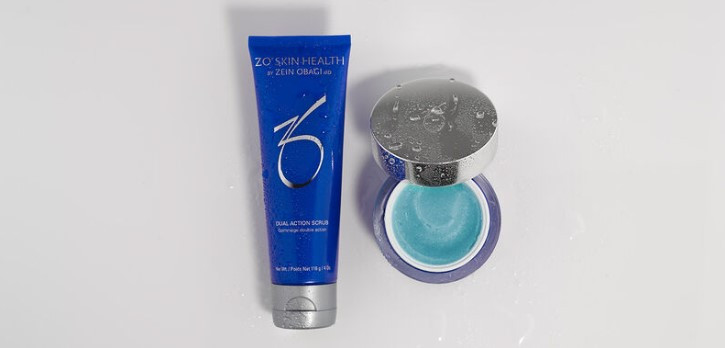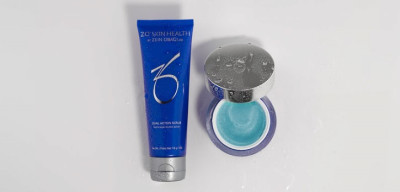The Importance of Exfoliation
Exfoliation is one of the most importantbut often overlookedsteps in maintaining healthy, glowing skin. Whether you're aiming to manage breakouts, even out skin tone, or reduce the visible signs of ageing, regular exfoliation is key to keeping your skin functioning at its best.
What Is Exfoliation?
Exfoliation is the process of removing dead skin cells from the outer layer of the skin. These cells naturally shed, but with age or slow cell turnover, they tend to build upleading to dullness, clogged pores, and rough texture.
By clearing away this buildup, exfoliation helps:
- Smooth the skins surface
- Promote cell renewal
- Improve absorption of serums and moisturisers
The Benefits of Regular Exfoliation
Routine exfoliation supports nearly every aspect of your skincare goals. It can:
- Prevent clogged pores and reduce breakouts
- Improve skin tone by fading dark spots and pigmentation
- Stimulate collagen production for firmer, smoother skin
- Enhance product penetration, making your other skincare products more effective
In Australia's often hot and humid climate, exfoliation can also help clear away sweat, sunscreen build-up, and pollution that may settle on the skin.
Types of Exfoliation
1. Physical (Manual) Exfoliation
Uses small particles, brushes, or pads to physically buff away dead skin. These are best used gently and occasionally to avoid irritation.
2. Chemical Exfoliation
Uses active ingredients like AHAs (alpha hydroxy acids), BHAs (beta hydroxy acids), or enzymes to dissolve dead skin cells without scrubbing. These are ideal for more consistent, deeper exfoliation and are often recommended for sensitive or acne-prone skin.
Some products combine both types for a balanced approach.
How Often Should You Exfoliate?
Frequency depends on your skin type and the type of exfoliator youre using:
- Normal to oily skin: 23 times per week
- Dry or sensitive skin: 12 times per week
- Using actives like retinol? Consider reducing exfoliation to avoid over-stripping
Start slowly and monitor your skins response. Over-exfoliation can weaken your barrier and cause irritation.
Choosing the Right Exfoliant
Look for exfoliants tailored to your skins needs. Key ingredients to watch for include:
- Glycolic acid: Best for ageing and sun-damaged skin
- Lactic acid: Gentle and hydratinggreat for dry or sensitive skin
- Salicylic acid: Penetrates pores, ideal for acne-prone or oily skin
- Papaya or pumpkin enzymes: Natural, gentle exfoliators
The Bottom Line
Exfoliation is a foundational skincare step that helps clear, smooth, and brighten your skin. Done properly and regularly, it reveals fresher skin, improves texture, and helps your products work more effectively.
For Australians especiallywhere sun, sweat, and SPF are daily realitiesexfoliation is essential to keeping skin clear and vibrant.
Discover exfoliators designed for Australian skin in our skincare collection.

